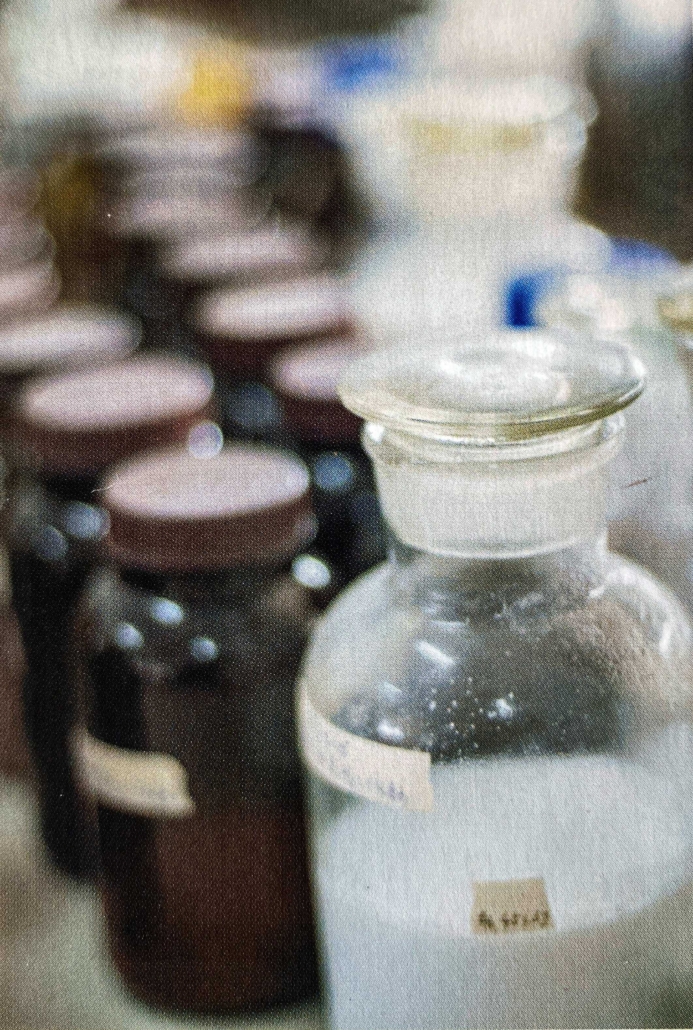How to choose the right pressure-sensitive adhesive?
Pressure-sensitive adhesive is the adhesive that is sensitive to pressure in the bonding process and can be easily bonded to the surface just by finger pressure. PSA is often used to make labels, tapes, protective films and etc. It has instant bonding and insulation sealing properties. Flame retardant formulations can be added to some adhesives to further enhance customers’ safety requirements. Before we choose, we could have a brief knowledge of the advantages and disadvantages of different types of adhesives and use attention.
Types of pressure-sensitive adhesives
There are various pressure-sensitive adhesives, which can be divided into solvent PSA, water-based PSA, hot melt PSA, and ultraviolet (UV) curing PSA according to their form.
Solvent Pressure sensitive adhesive: solvent PSA has a wide selection of raw materials and rich molecular structure. This type of adhesive has the advantages of good high-temperature resistance, chemical corrosion resistance, and water resistance. It was widely used on power equipment, automobile door seals, washers, baffles, and safety warning labels on filters. However, its solvent is flammable, explosive, and toxic, which has potential hazards to human injury and environmental pollution. In recent years, with increased requirements of the EPA Clean Air Act on volatile organic compounds in the production process, the proportion of solvent-based pressure-sensitive adhesives is decreasing year by year.
Water-based pressure-sensitive adhesive: its main components are deionized water and vinyl acrylic acid monomer. Its glue coating process almost has no waste discharge, so it is suitable for fast-speed coating. Besides, water-based PSA also has excellent anti-aging resistance, good compliance with the base material, and price advantage. However, it solidifies slowly and requires a longer drying time. With the continuous strengthening of global awareness of environmental protection, emulsion pressure-sensitive adhesive has been developed rapidly in recent years.
Hot melt pressure sensitive adhesive (HMPSA): is mainly composed of polymers, resins, and plasticizers. Besides the excellent bonding strength, hot-melt PSAs’ coating speed is fast, it is suitable for a high degree of automation production. It even has good application in cold and humid conditions, but it is not resistant to high temperatures. HMPSA is mainly used in packaging, industrial assembly, bottle body labeling online, and transparent labeling.
UV (UV) curing or visible light pressure sensitive adhesive: it has strength on fast curing speed, low curing temperature, and low energy consumption. Compared with HMPSA, its heat resistance and anti-plasticizer resistance have also been greatly improved. The use of UV curing or visible light PSA has an excellent effect in reducing air pollution and energy saving. However, it is still in the stage of development at present, which is mainly used in the automobile industry and other fields with higher requirements.

Attention in selecting pressure-sensitive adhesives
After knowing the excellent properties of all kinds of PSAs, it is also necessary to consider the glue infiltration level, final application, removal possibility, and surface structure of base material when choosing to pressure sensitive adhesives.
Level of Bleed-Through: some PSA may migrate into the base material when in use, which would lead to product polluted appearance as well as product performance issues. PSAs have differences in bleed-through level when combined with the base material. Ensure the chosen PSA is compatible with the base material and add the undercoat to improve the bonding adaptability of the adhesive and the surface material if necessary.
Final Application: fully understand the final application details of the product, especially the application environment. For example, if the final product is used outdoors, it requirement for higher anti-aging resistance; if it is used in hot areas, it will need better high-temperature resistance.
Removal possibility: some customers ask for temporary protection. For example, the protective films for doors and windows would need to be removed several months later after installation. While Some need permanent protection, like mirror safety film. It should be noted that not all pressure-sensitive adhesives are removable. So it is necessary to know it in advance.
Surface Texture of base material: the surface roughness of the base material will affect the bleed-through level of the adhesive, which determines the bonding strength between the adhesive and the substrate.
Providing suitable adhesive is just the beginning of our service
Wuxi Changsheng has more than 20 years of experience in the manufacture of water-based pressure-sensitive adhesives. Water-based PSA is not an end product, it is often used with different types of coating machines to produce protective products for different uses. According to our previous experience, we find that drying temperature, drying air volume, oven length of coating machine, curing agent dosage, and coating speed will have a direct impact on adhesive performance. Some products even require dust-free workshops to avoid workshop dust affecting the transparency of the coating surface. In addition, different coating methods have different requirements for glue viscosity.
Providing suitable emulsion pressure-sensitive adhesive to customers is not the end of our service, but the beginning. Due to the above-mentioned reasons, customers will meet different situations in the practical use process. This requires us not only to have a clear understanding of the mechanical properties required by the customer’s products but also to have a knowledge of their coating machine. Then we could help to solve all kinds of problems that may arise in the process of use.

Leave a Reply
Want to join the discussion?Feel free to contribute!